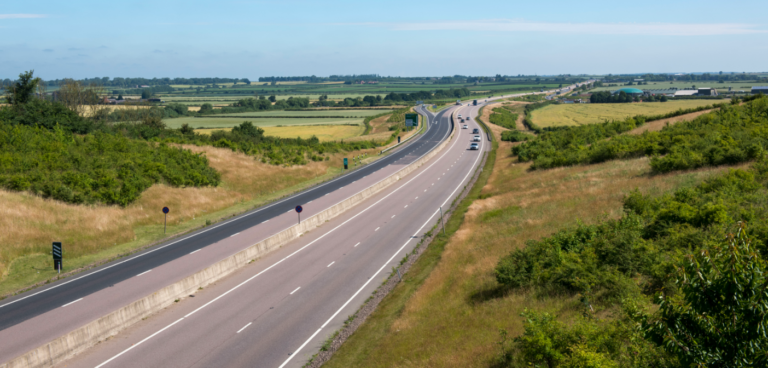Nottinghamshire County Council has announced that it will be investing £44.6m into its highways, transport and environment over the next year to facilitate improvements across the county.
This investment includes the following allocations:
- £27m for capital maintenance schemes to improve local roads and other highway assets, including £3m of additional council funding towards this
- £4.8m for integrated transport schemes (e.g. pedestrian crossings, capacity improvements, speed management schemes), including £350,000 of additional County Council funding for road safety schemes; as well as allocations to fund major transport scheme business cases
- £0.5m to deliver the traffic management revenue programme development of major infrastructure improvement schemes
- £12.3m to deliver Southwell Flood Risk Alleviation scheme; active travel programmes; Local Electric Vehicle Infrastructure (LEVI) funding; and potential bus improvements through the Bus Service Improvement Plan.
Cllr. Neil Clarke MBE, cabinet member for transport and environment at Nottinghamshire County Council, said: “There are more than 300 individual road, footway and drainage schemes planned across the county for the year ahead, as we continue to invest in Nottinghamshire’s highways. The capital programme will continue to see us focus on long-term repairs to the local road network, footways, and drainage, taking a ‘whole street’ approach where it is prudent to do so.
“Combined with the works delivered by our mechanised patching teams, it means we’ll be able to deliver large-scale surface repairs to a significant number of roads and pavements across Nottinghamshire as part of our continuing plan to improve the county’s roads.
“Our ongoing investment into Nottinghamshire’s roads demonstrates our commitment to delivering improvements following our cross-party highways review panel. The investment is also part of our strategy to support the local economy, promote health and wellbeing and ensure communities thrive.”
Highway maintenance funding is allocated based on detailed surveys of road condition across the county, meaning money spent in different districts can vary.
The plans are the second in the council’s three-year Highways Capital and Revenue Programme.





